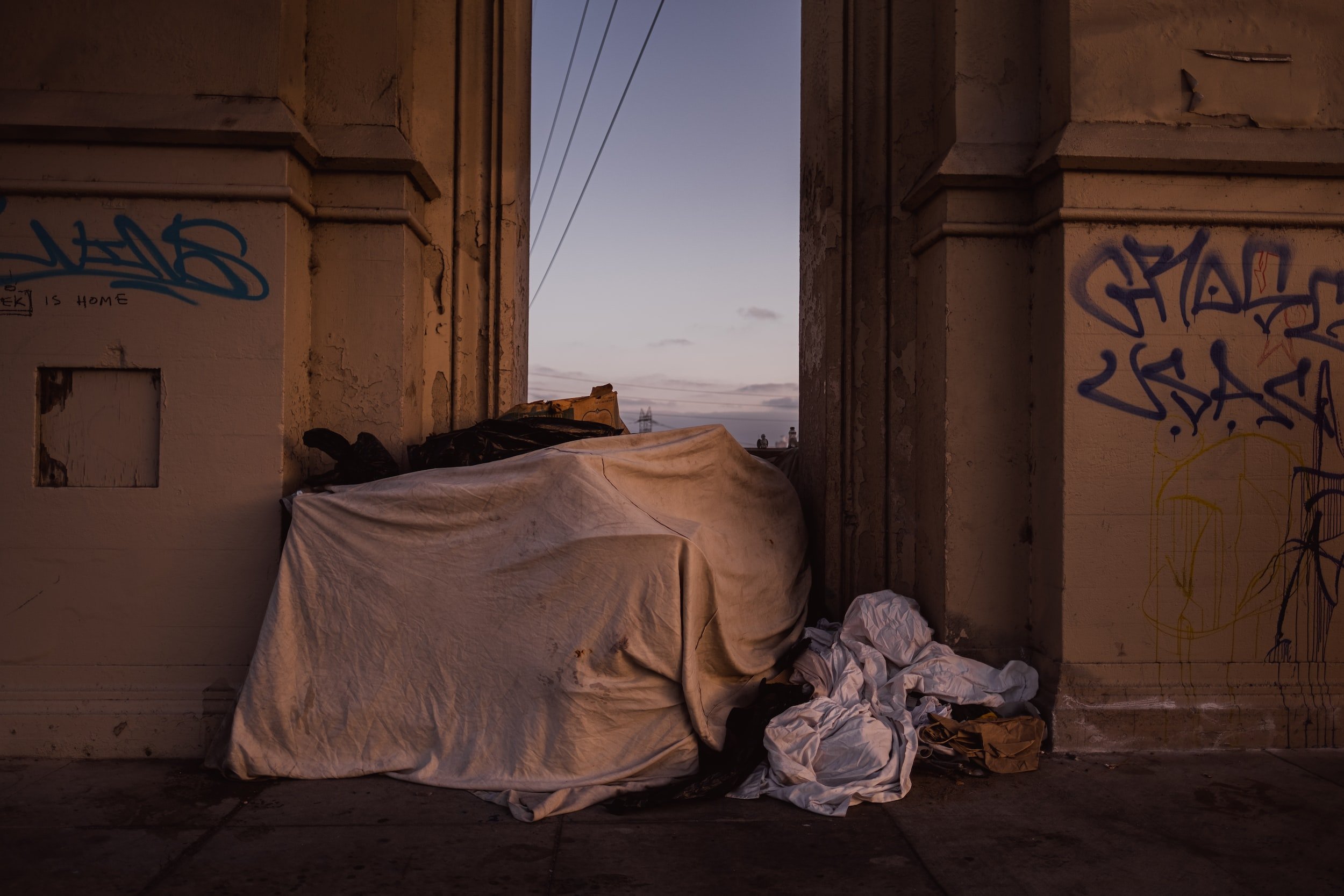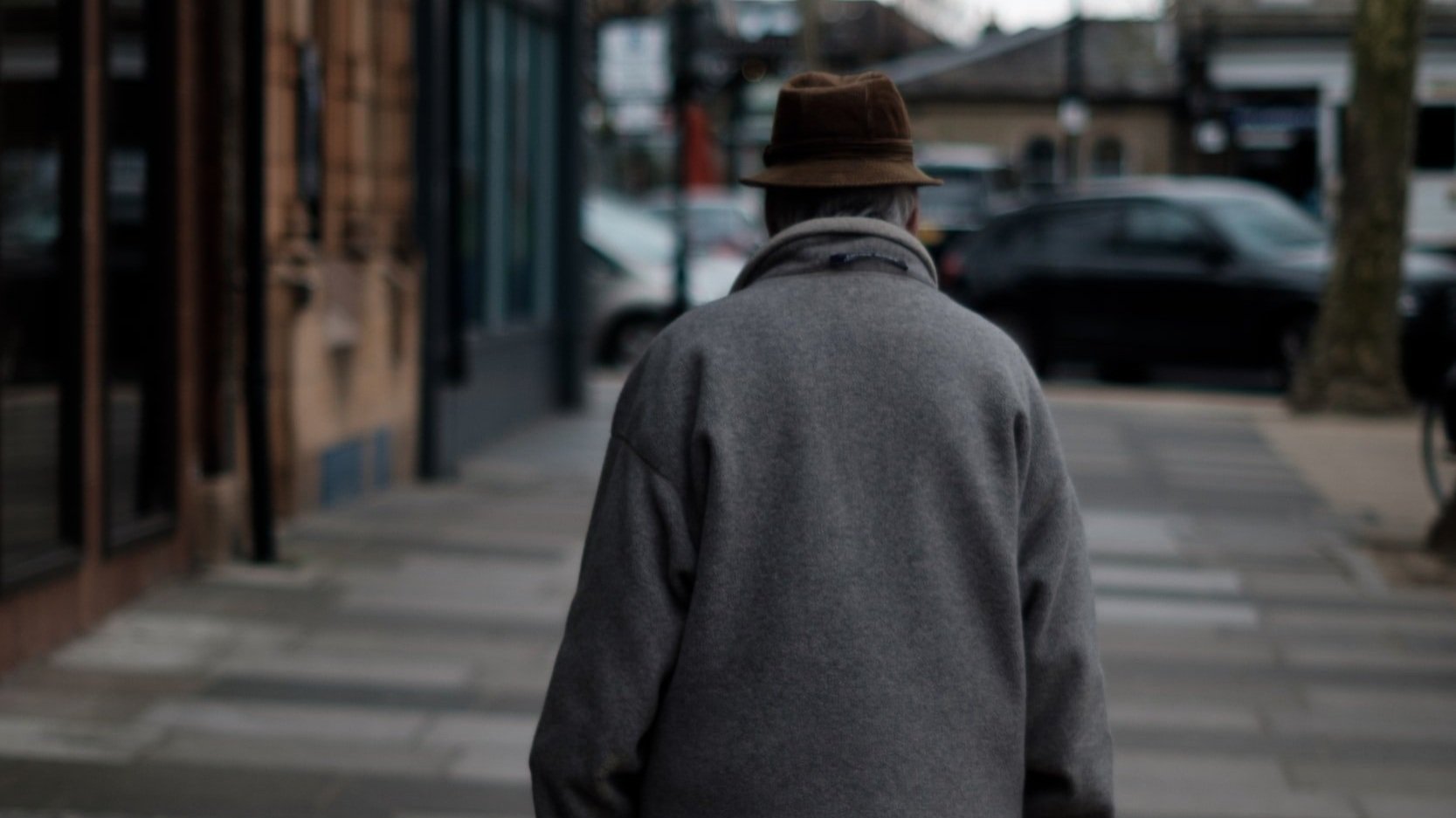Over the coming weeks, Chris Lynch puts a spotlight on poverty issues and homelessness in Christchurch, speaking to social service agencies trying to help the city’s most vulnerable. In this article, Christchurch Methodist Mission Executive Director Jill Hawkey speaks about the current crisis.
The number of people living rough on the streets of Christchurch is increasing according to social service agencies, while many families are left with no choice but to live in emergency accommodation motels.
Ministry of Social Development data showed the number of households living in emergency accommodation in motels in Canterbury as of July 2022 was 294.
Christchurch Methodist Mission Executive Director Jill Hawkey said there were about 20 people living on the streets in Christchurch before Covid first appeared.
“Now there are over 70 homeless people living on the streets that we know of who aren’t on the Housing First Ōtautahi wait list.
Most people think of homeless people as just those living on the streets, however, many experiencing homelessness may be invisible to a member of the public as they couch-surf or move around different accommodations.”
Housing First Ōtautahi was established in 2018, to help get people off the streets and into rental accommdation.
Christchurch Methodist Mission Executive Director Jill Hawkey
Hawkey said many families were struggling with power bills and often needed food parcels and other forms of emergency support.
Earlier this year, Aratupu Preschool & Whānau Hub in Bryndwr established a free shop, that provides a variety of provisions to Aratupu whānau in response to increased demand for assistance as more and more people fall under the poverty line.
Hawkey said the lack of affordable social housing remains an issue.
“It’s extremely difficult to get a private tenancy if you have limited resources, children or pets because of rising rental costs.
We often see families ending up in emergency housing for longer as they have nowhere to move on to.
For the first time in many years, we’re seeing people across our services no longer being able to afford the basics of life such as in-school and after-school activities, clothing, school uniforms, and medical care.”
Hawkey said one of the biggest day-to-day issues the organisation was seeing was parents struggling with children’s behaviour and mental health issues.
Financial mentors were seeing high levels of debt arising from irresponsible lending.
“Many clients are having to find secondary employment simply to make ends meet.
Teenagers from poor families were having to leave education to help support their families or use their after-school employment to support their family.
“For the first time in many years, we’re seeing people across our services no longer being able to afford the basics of life”
“As the lead organisation for Housing First Ōtautahi, we continue to see a demand for homelessness support services, and our staff conducting outreach work continue to link in with people experiencing homelessness across the city.
Hawkey said every individual experiencing homelessness has their own set of circumstances that has led to them sleeping rough, often involving severe trauma and adverse life-events.
Over the last four years, Housing First Ōtautahi has housed 245 people who have experienced long-term homelessness.
“Many of our Kaewa [clients] have been in their homes for multiple years now (123 for over 12 months) which shows the transition from long-term homeless to housing can be successful.
There were currently just under 80 people on the waitlist for housing.
Hawkey said synthetic drug use was getting worse and the lack of services to deal with recovery was an issue.
The number of over 65-year-olds on the public housing waitlist has increased 483% between 2016 and 2022 according to the Christchurch Methodist Mission.
Since 2019, people over 65 have had to wait over a year to be housed once they are on the waitlist.
Hawkey said the only solution to fix homelessness was more social housing and government funding to boost the stock of affordable and appropriate housing for families and individuals, as well as for people on superannuation.
“The New Zealand Superannuation scheme was predicated on the assumption that most people reaching retirement age would own their own home.
However, the reality is that many older New Zealanders rent, with factors such as housing scarcity and unaffordability exacerbating this situation.”
In an up-and-coming report, Chris Lynch speaks to The Christchurch City Missioner about homelessness.











